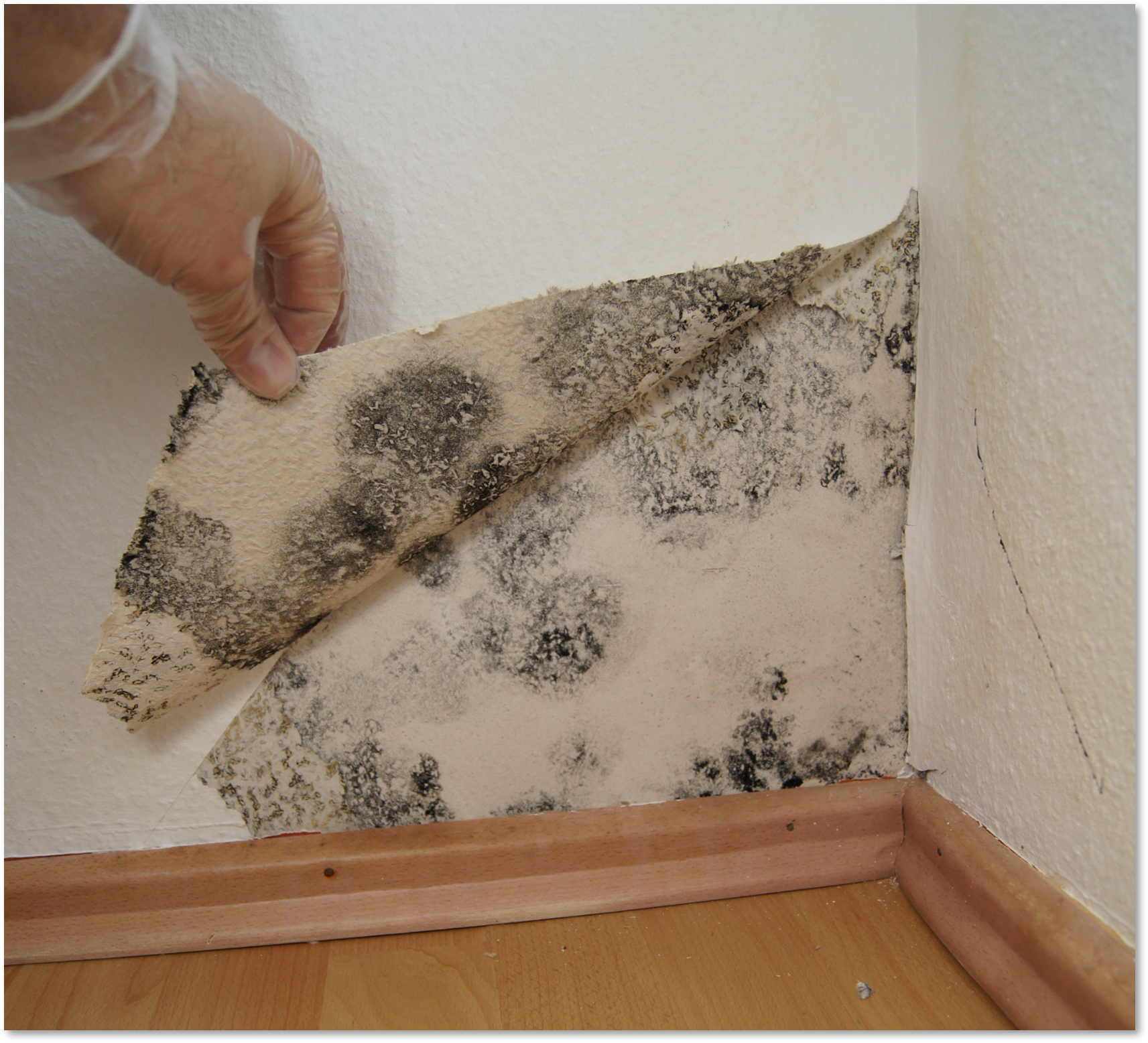Secondary victimisation (B)
Secondary victimisation (B)

When is there a case of secondary victimisation?
A tenant of an apartment has mould issues and has serious health problems because of this. The underlaying moister problems must be determined. The building manager refuses all cooperation and accuses the tenant of occupant behaviour. Is there a case of secondary victimisation here?
Yes, there can be a case of secondary victimisation. Secondary victimisation occurs when a victim of a crime or wrongful act experiences further damage due to the reaction of others on the original incident.
In this case the tenant has experienced health issues because of mould in the apartment and the building manager refuses not only to help, but accuses the tenant of causing the problem.
This reaction of the building manager can give the tenant the feeling they are not taken seriously, not supported and wrongfully accused. This can lead to extra stress, psychological complaints and a feeling of injustice on top of the existing health problems because of mould.
This negative experience as a result to the reaction of the building manager is an example of secondary victimisation.
The building manager can possibly be held liable for the damage the tenant has suffered. The general legal rules regarding liability in this context generally fall under tenancy law and the law of obligations.
Here are the most important points:
Landlord's maintenance obligation: Under Belgian tenancy law, the landlord is obliged to keep the property in a good state of repair. This means that the landlord must ensure a safe and healthy living environment. Moisture problems and mould usually fall under the maintenance for which the landlord is responsible.
Liability for defects: Article 1721 of the Civil Code (CCC) states that a landlord is liable for defects in the property that reduce the tenant's enjoyment of living space, unless the tenant himself is responsible for those defects. In this case, underlying moisture problems have been identified, indicating that it is a structural problem and not something caused by the tenant.
Default: If the landlord fails to carry out necessary repairs despite notifications from the tenant, this can be considered as breach of contract. Section 1147 of the Civil Code states that default is a failure to perform an obligation. In this case, the landlord would be failing in its obligation to keep the property in good condition.
Damages: If the default leads to damages, such as health problems for the tenant, the landlord may be obliged to pay damages. The tenant must then be able to prove that the health problems are the direct result of the mould and that the landlord was negligent in addressing the problem.
Secondary victimisation: If the building manager wrongfully accuses the tenant of occupant behaviour and thereby causes further damage, this may be considered a form of tort (Art. 1382 Civil Code). For this too, the tenant may be able to claim damages.
Steps the tenant can take:
Gather documentation: gather all evidence like medical reports, photos of the mould, communication with the landlord and reports of experts about the moisture problems.
File an official complaint: file an official complaint with the landlord and give them a reasonable terms to fix the problems.
Involve the justice of peace: if the landlord does not react, the tenant can involve the justice of peace for judgment over the maintenance dispute
Take legal action: if necessary the tenant can take legal steps and sue the landlord for the damages.
In short, the landlord has a lawful duty to maintain the building well and can be held liable for the primary damage because of mould as well as the secondary damage because of the reaction of the building manager.


